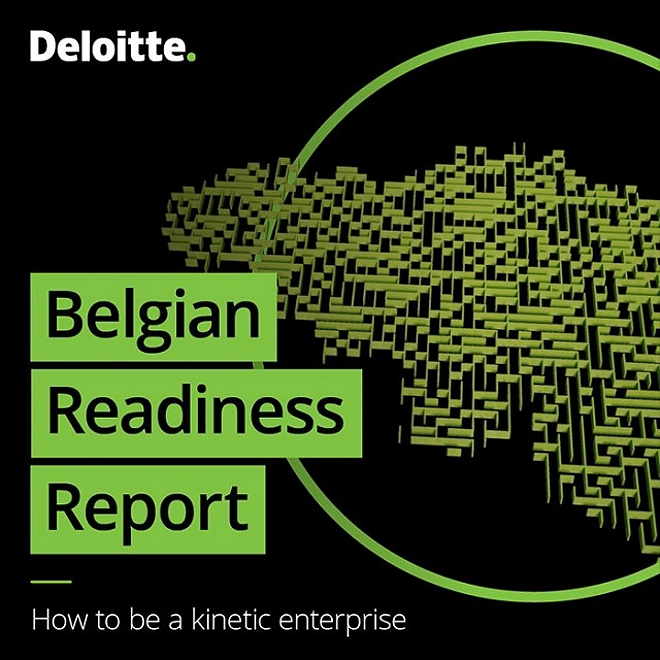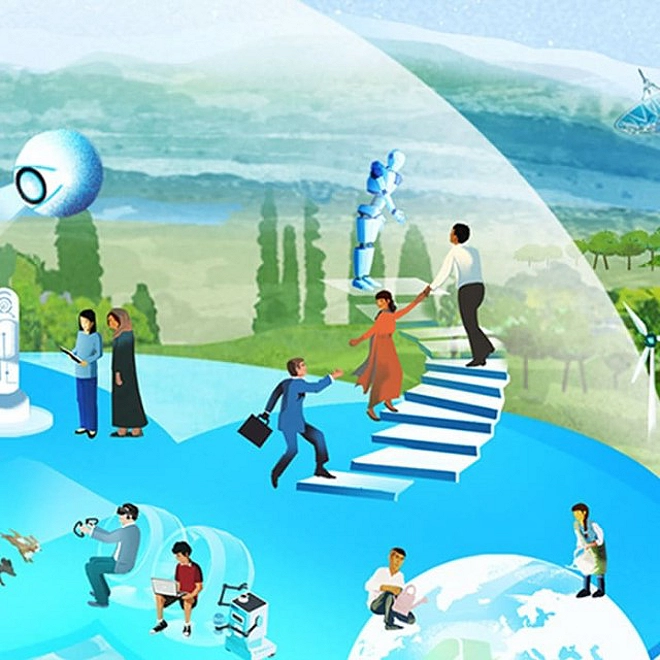Consulting
Consulting services to transform your business
Using the latest technologies and deep industry insights, we help businesses of every size prosper by creating impactful solutions tailored to your unique needs today and for the future.
Imagine. Advise. Implement. Operate.
Put simply, it’s our integrated and adaptive approach to transforming your business from the inside. By embracing new technology, shaped by industry insights and an agile way of working, our people can build creative solutions to some of your biggest problems.
Preserving the human element is important to us. Behind every great idea or ground-breaking advancement, people and technologies are working together. And by blending the two, we imagine what is possible and deliver real results that help you to run your future.
Explore Consulting services
The latest from Consulting
Opens in new window















